
Top 4 Herbal Teas for Better Sleep and Deep Relaxation
Do You Struggle with Sleep?
Do you have trouble falling asleep, wake up multiple times during the night, or feel tired and irritable in the morning? If so, you’re not alone. Sleep deprivation is a growing concern, with nearly one-third of Canadian adults and seniors, and 20-30% of children and teenagers, not getting enough sleep.
But quality sleep is vital for both physical and mental health. Sleep allows our bodies to recharge and our minds to rejuvenate. Without it, we face consequences like:
- Weakened immune system
- Reduced concentration
- Chronic fatigue and mood disorders
How Can You Improve Your Sleep?
Stress and anxiety are often the culprits behind poor sleep. When stressed, your body releases hormones that interfere with your ability to fall asleep and enjoy restful sleep. Fortunately, nature offers herbal remedies to help alleviate stress and promote sleep. One of the best ways to benefit from these natural remedies is through herbal teas. Combining different plants allows you to maximize their synergistic effects for a better night’s sleep.
1. Rose & Chamomile: Your Ally for Peaceful Sleep

Rose & Chamomile tea blends a variety of powerful plants that promote relaxation and better digestion — essential factors for restful sleep. This infusion includes:
- Chamomile: Known for its calming, sleep-inducing properties. Chamomile helps reduce muscle tension and promotes comfort for a peaceful night’s sleep.
- Yarrow: Famous for calming stress and improving digestion, reducing bloating and discomfort.
- Milk Thistle: Known for its detoxifying effects and antioxidants, which help protect your body from stress.
- Rose Petals: Their calming fragrance creates a relaxing atmosphere to help you unwind before bed.
- Bay Laurel: Aids digestion and reduces bloating, which can disrupt sleep.
- Labrador Tea: Known for its anti-inflammatory effects, soothing joint and muscle pain to promote deep relaxation.
Why It Works for Better Sleep: The combination of calming, anti-inflammatory, and digestive properties in these plants helps reduce anxiety, relax your muscles, and support restful, uninterrupted sleep.
2. Beet & Poppy: A Natural Sleep Solution

Muscle tension can also interfere with sleep. Beet & Poppy tea combines soothing ingredients like Beetroot, Poppy petals, Horsetail, and Labrador tea to help relax your muscles.
- Beetroot: Rich in magnesium and betacyanins, a natural anti-inflammatory, beetroot helps relax muscles and promote sleep.
- Poppy: Contains alkaloids with mild sedative properties, calming the nervous system for better sleep.
- Horsetail and Savory: Rich in minerals, these herbs offer a relaxing effect to support your body’s natural sleep cycle.
Why It Works for Better Sleep: This blend is perfect for people who struggle with muscle tension and discomfort that interfere with a peaceful night’s rest. The combination of muscle-relaxing properties and calming sedatives works in synergy to promote deeper sleep.
3. Rosehip & Highbush Cranberry: A Natural Haven for Your Body and Mind

A calm mind is essential for restful sleep. This blend of Rosehip, St. John's Wort, Highbush Cranberry, Marjoram, Labrador Tea, and Bay Laurel promotes both mental and physical relaxation.
- Rosehip: Helps reduce anxiety and improve sleep quality.
- St. John's Wort: Known for its calming effects and ability to soothe stress.
- Highbush Cranberry: Promotes muscle relaxation and relieves cramps, reducing discomfort that can interfere with sleep.
- Marjoram: Known for its muscle-relaxing and digestive support properties.
- Labrador Tea: Soothes the nervous system and promotes deep relaxation.
- Bay Laurel: Aids digestion and reduces bloating, which can disrupt sleep.
Why It Works for Better Sleep: This blend targets both mental and physical relaxation by calming your mind, reducing anxiety, and helping relieve muscle tension — all factors contributing to better sleep quality.
4. Thuja & Lavender: A Blend for Restorative Sleep

This herbal tea combines the soothing effects of Thuja, Hawthorn, Labrador tea, Peppermint, and Lavender, making it an ideal choice for peaceful, deep sleep.
- Thuja: Known for its anti-inflammatory properties, Thuja helps relieve muscle and joint pain.
- Labrador Tea: A natural sedative that calms the nervous system and reduces anxiety.
- Peppermint: Soothes digestive issues and reduces stress, promoting better sleep.
- Lavender: Famous for its calming properties, lavender helps reduce anxiety and improves sleep quality.
- Hawthorn: Supports heart health and contributes to overall wellness.
Why It Works for Better Sleep: The combination of anti-inflammatory, calming, and digestive-supporting herbs makes this blend ideal for those looking for a peaceful, uninterrupted sleep cycle. Lavender and peppermint provide relaxation, while Hawthorn supports overall health.
Tips for Preparing Your Herbal Tea for Maximum Benefits
To get the most out of your herbal teas, follow these simple steps:
- Water Temperature: Heat your water to 90-95°C (just before boiling) to avoid compromising the herbs' effectiveness.
- Steeping Time: Steep your tea for about 10 minutes. Shorter steeping times won’t fully release the benefits, while longer steeping can make some teas bitter.
- Water Quality: Use high-quality water, such as filtered or spring water, to avoid any unwanted flavors from chlorinated tap water.
- Amount of Tea: Use 2 teaspoons of dried herbs per 250ml of water, adjusting the amount based on your desired flavor strength.
Frequently Asked Questions (FAQ)
1. What are the best herbal teas for sleep?
Some of the best herbal teas for sleep include chamomile, lavender, rose petals, poppy, and beetroot. These teas have natural calming, muscle-relaxing, and anti-anxiety properties that help promote a peaceful and restorative sleep.
2. How long should I steep herbal tea for sleep?
To get the best benefits from your herbal tea, steep it for 10 minutes. This allows the herbs to release their full flavor and therapeutic effects. Avoid steeping it for too long, as it may result in bitterness.
3. Can herbal teas really improve sleep quality?
Yes! Many herbal teas contain natural ingredients known for their relaxing, anti-inflammatory, and sleep-inducing properties. Herbal teas like chamomile, lavender, and Labrador tea are proven to help calm the nervous system, relax muscles, and promote better sleep quality.
4. Is it safe to drink herbal teas every night?
Yes, most herbal teas are safe for nightly consumption. However, it's essential to ensure you're not allergic to any of the ingredients. Always consult a healthcare provider if you're pregnant, nursing, or taking medications.
5. Can I combine different herbal teas for better sleep?
Yes, combining different herbal teas can be beneficial because various herbs work synergistically. For example, a blend of chamomile and rose petals can enhance relaxation and promote deeper sleep by combining their calming properties.
6. Are there any side effects of drinking herbal teas for sleep?
Most herbal teas are safe and free of significant side effects. However, excessive consumption may cause mild stomach upset or allergic reactions in some people. Always start with a small amount, especially if you're trying a new herbal blend.
7. When is the best time to drink herbal tea for sleep?
It's best to drink herbal tea about 30 to 60 minutes before bed. This gives your body enough time to relax and absorb the benefits of the tea, helping you fall asleep faster and enjoy more restful sleep.
8. Can herbal teas help with insomnia?
Herbal teas can be a helpful part of a routine to manage insomnia. Herbs like chamomile, lavender, and beetroot have natural sedative effects that help ease anxiety, relax muscles, and improve the overall quality of sleep, which can be beneficial for those with insomnia.
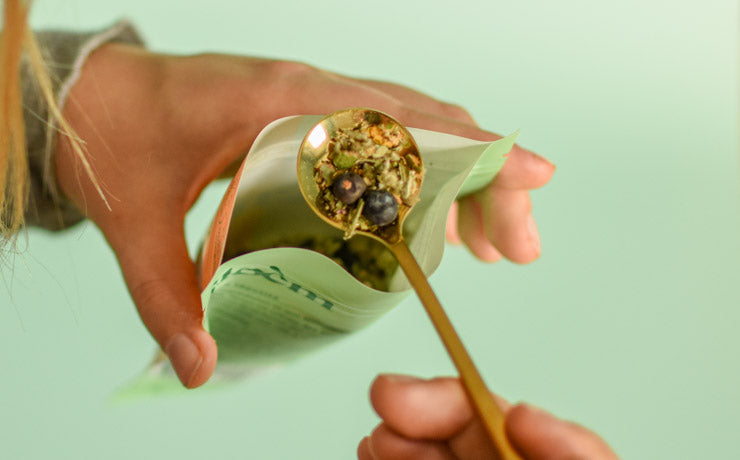
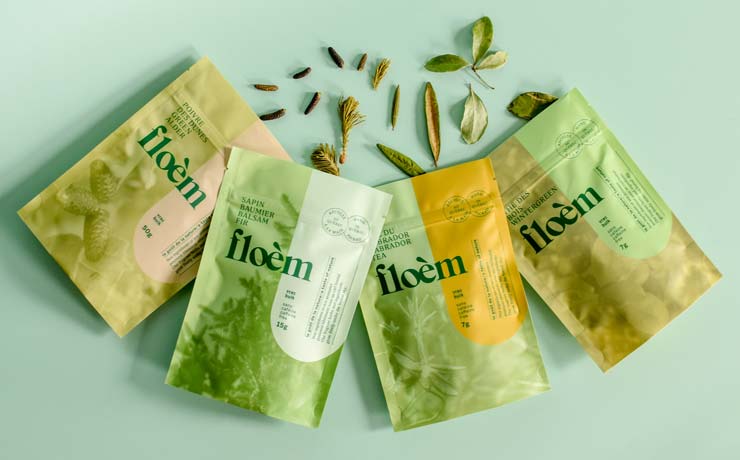
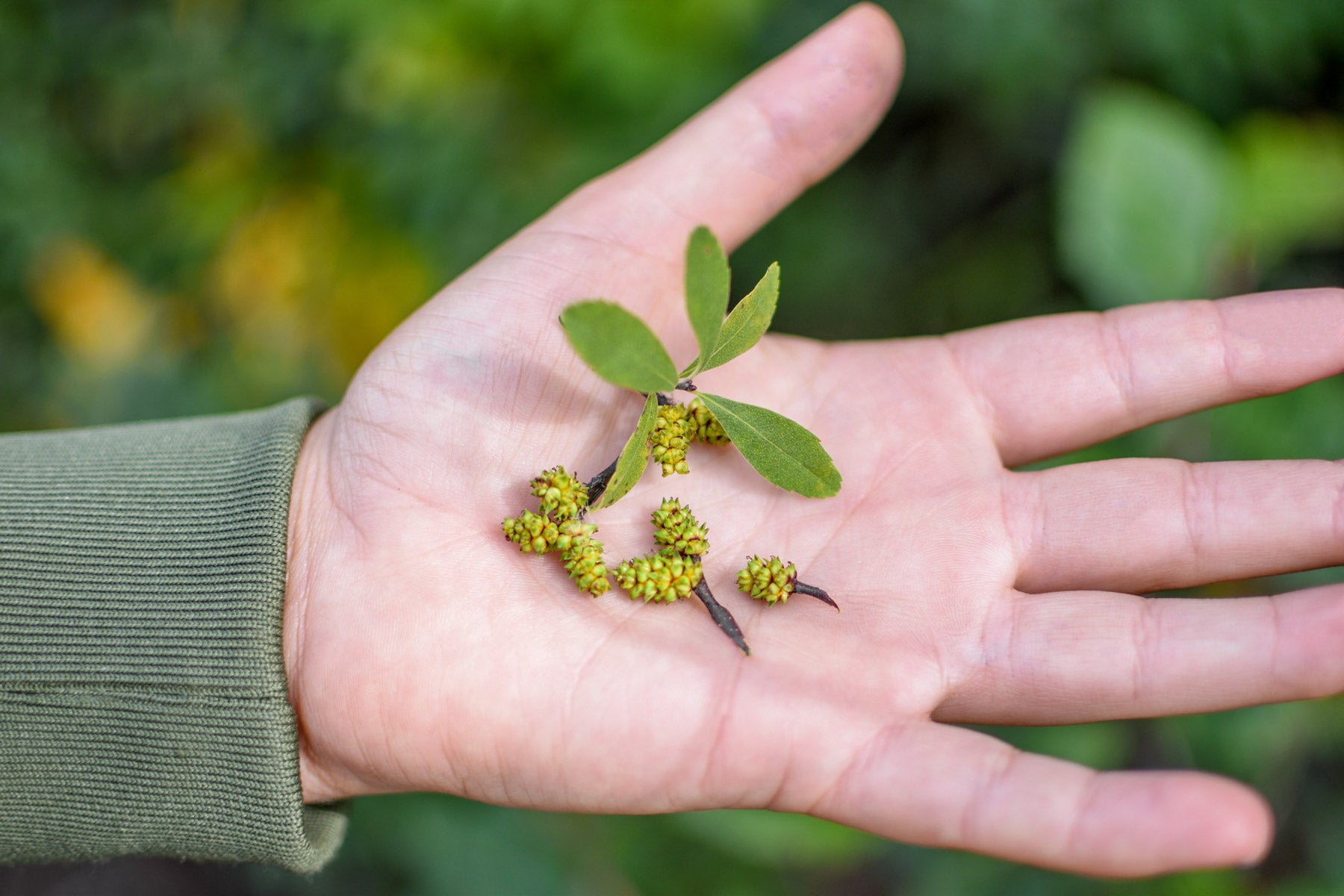




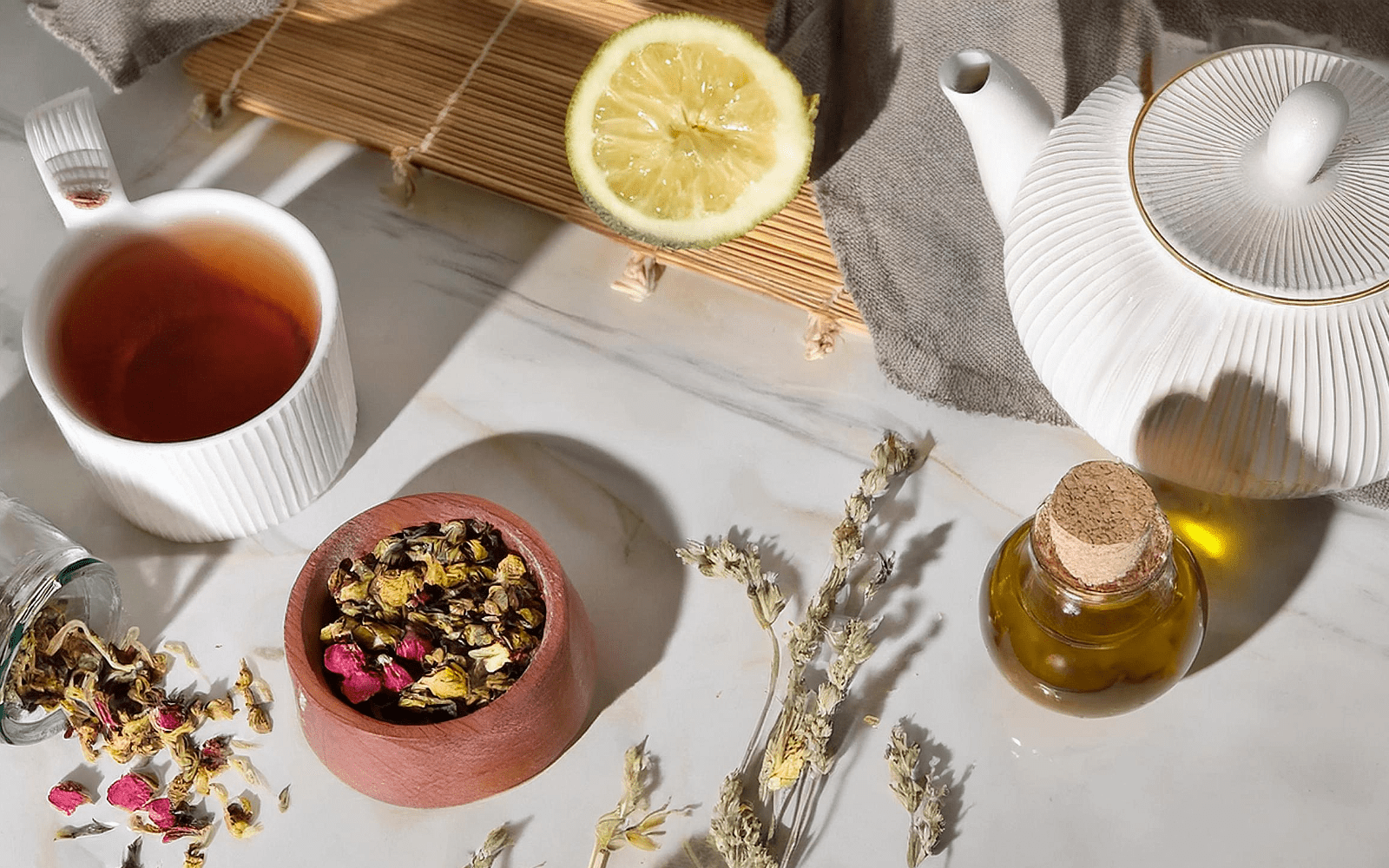
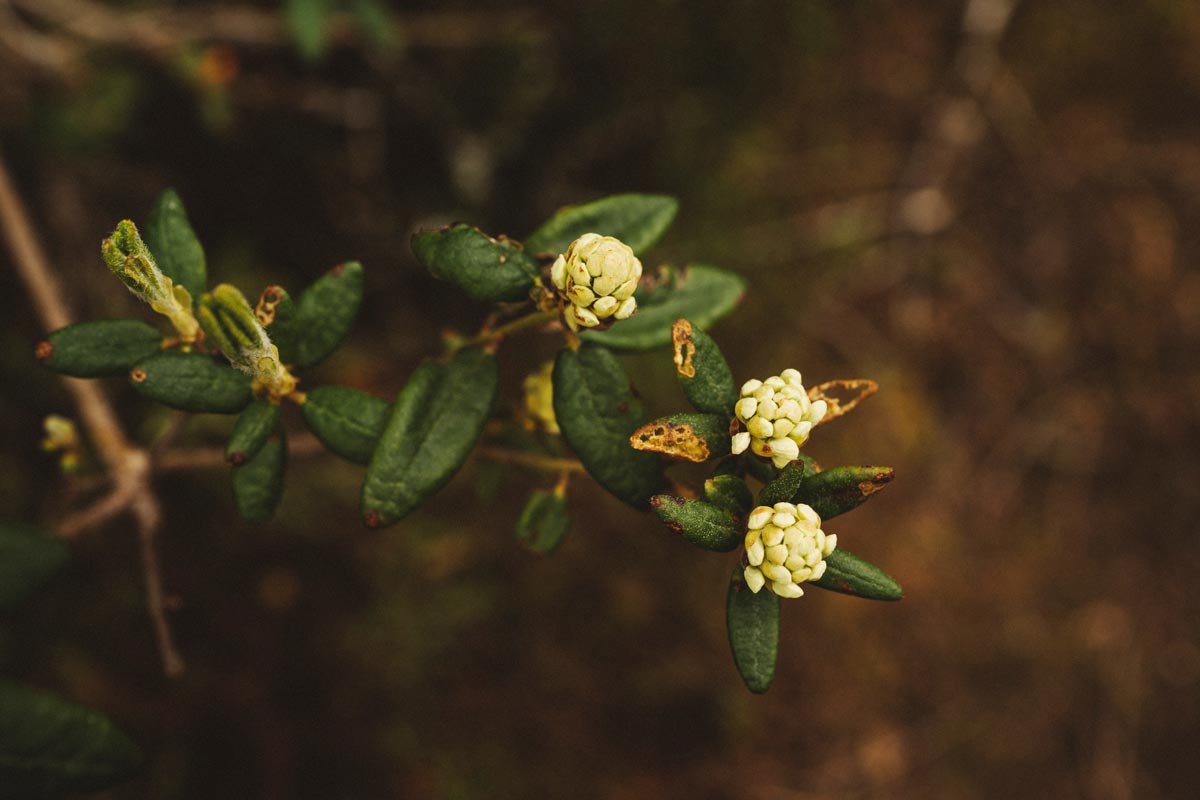
4 comments
Bonjour Comment est-ce que je peux commander ces 4 tisanes
Jean-Claude Lévesque
moi je veux savoir si sa va m aider pour mon sommeil je fais de l insomenie
alors quand je prend la tisane
merci de votre temps de me repondre
RACHEL BOUCHARD
Allo Nathalie, vous pouvez acheter les infusions individuellement si vous voulez ici : https://floem.ca/collections/tisane-quebec
Floèm
Faut tu acheter le lors ou ont peut acheter ce qu ont veut.,
Nathalie Cayer
Leave a comment
This site is protected by hCaptcha and the hCaptcha Privacy Policy and Terms of Service apply.